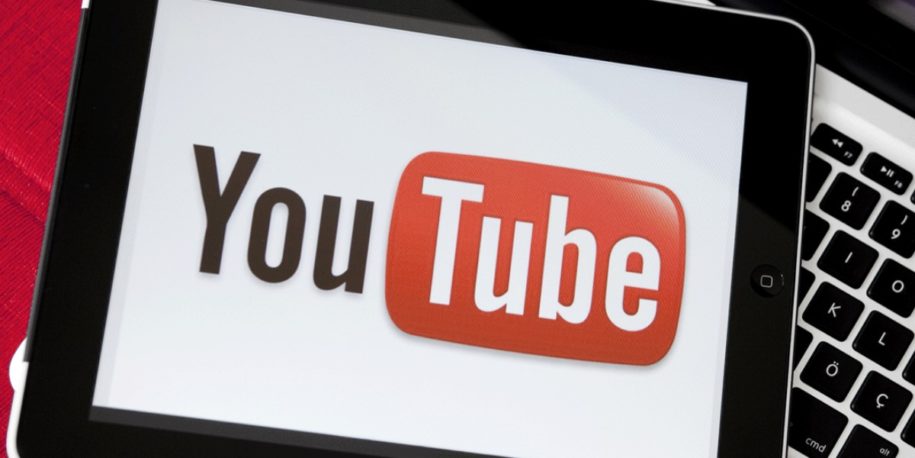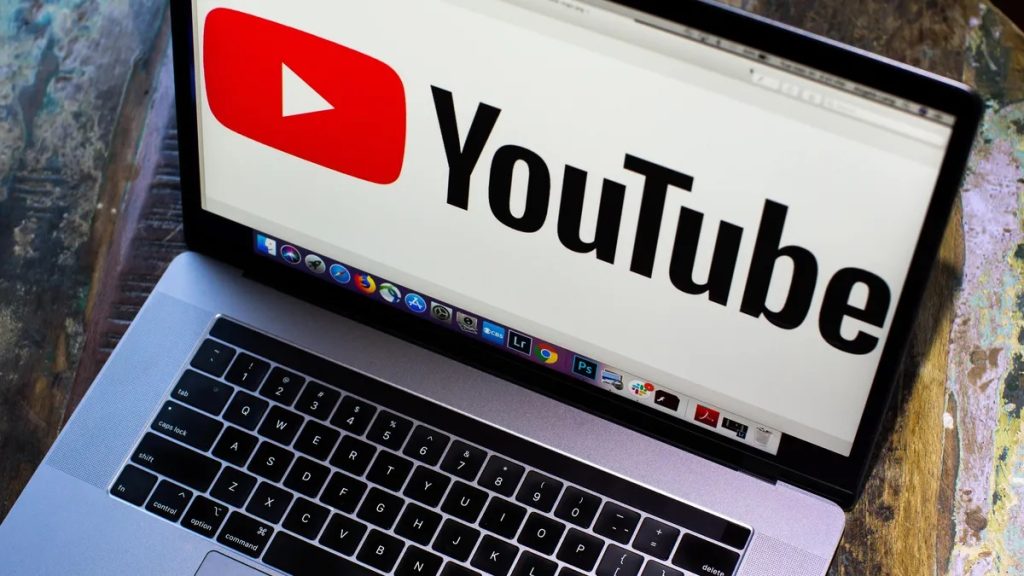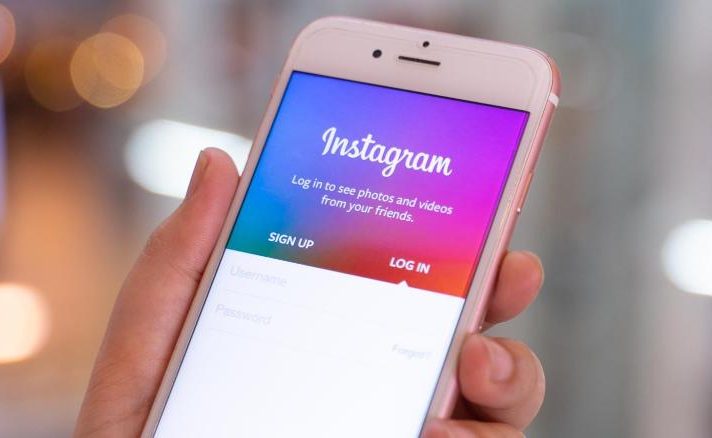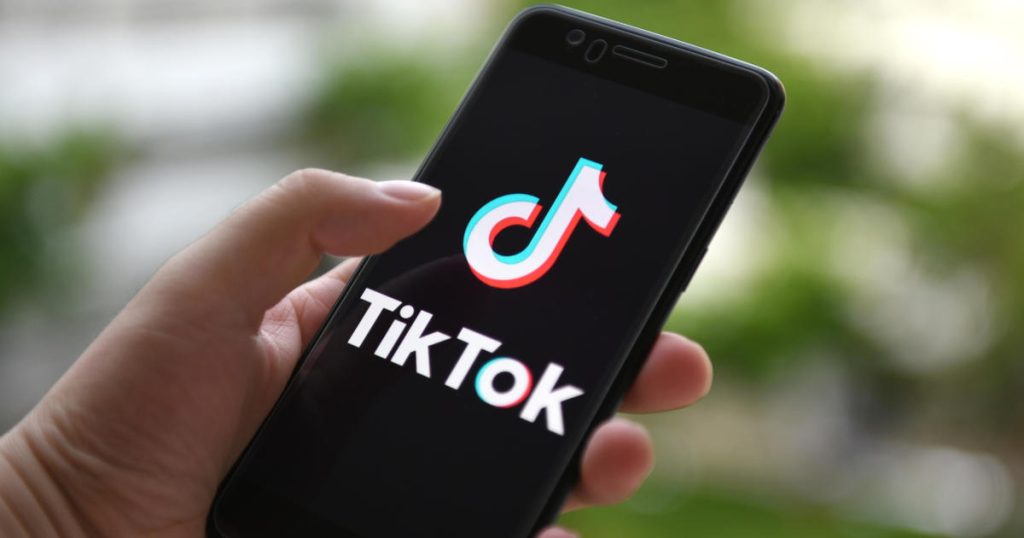In today’s digital age, YouTube has become one of the most powerful platforms for content creators, businesses, and influencers to share their messages, build their brands, and connect with audiences worldwide. However, with millions of videos uploaded daily, standing out can be challenging. Increasing your YouTube views is essential to improving your video’s visibility and reaching a broader audience. Fortunately, with the right strategies, you can effectively boost your views and make a significant impact. One of the most important steps to increasing YouTube views is creating high-quality, engaging content that resonates with your target audience. When your videos are informative, entertaining, or inspiring, viewers are more likely to watch until the end and even share them with others. Consistency is also key regular uploads help build a loyal subscriber base and keep your channel active, increasing the likelihood of your videos appearing in search results and recommendations.

Optimizing your videos for search engines is another crucial factor in gaining more views. Using relevant keywords in your video title, description, and tags helps YouTube’s algorithm understand your content and suggest it to users searching for similar topics. A compelling thumbnail and an attention-grabbing title can also make a significant difference in enticing users to click on your video. Additionally, adding closed captions and transcripts can improve accessibility and boost your video’s ranking in search results. Engagement plays a major role in visibility, so encouraging likes, comments, and shares can significantly increase your video’s reach. Interacting with your audience by responding to comments and asking questions within your videos fosters a sense of community, making viewers more likely to return to your channel. Embedding your videos on your website, blog, and social media pages can also help drive more traffic and expand your audience.
Collaborating with other YouTubers or influencers in your niche is another excellent way to increase exposure. Cross-promotions introduce your content to new audiences and can lead to a surge in views and subscribers. Additionally, using YouTube’s features such as playlists, end screens, and cards can keep viewers engaged with your content longer, increasing your watch time and improving your ranking in YouTube’s algorithm. Promoting your videos on various platforms, including social media, email newsletters, and online communities, helps maximize their visibility. Sharing your content with relevant groups and forums where your target audience is active can lead to increased engagement and organic growth and click now pixsoriginadventures.co.uk. With the right approach and consistent effort, you can significantly increase your YouTube views and boost your video’s visibility. By focusing on quality content, optimizing for search, fostering engagement, and leveraging multiple promotional strategies, you can build a thriving YouTube presence and achieve long-term success.






